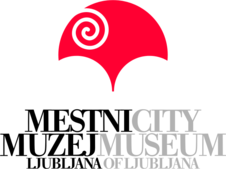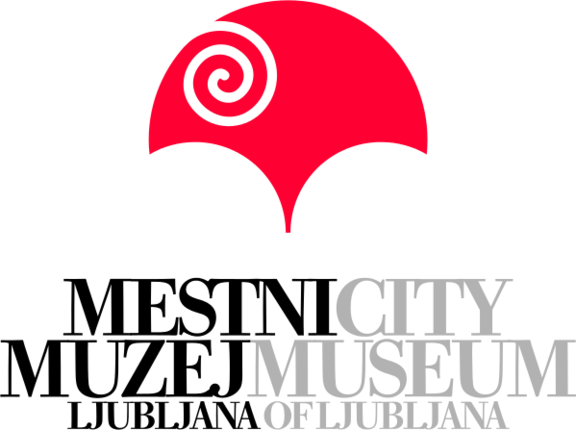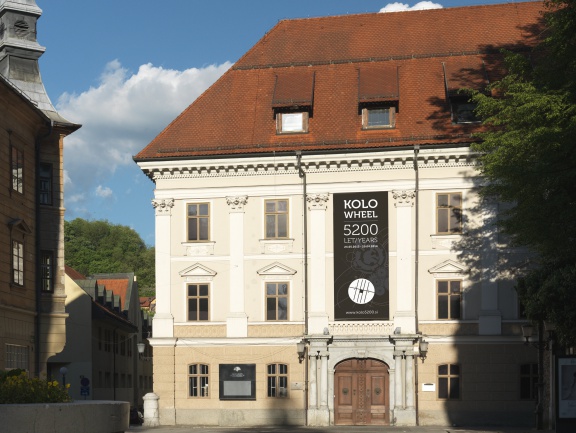Difference between revisions of "City Museum of Ljubljana"
m |
|||
| Line 53: | Line 53: | ||
[[Category:Museums]] | [[Category:Museums]] | ||
[[Category:Visual arts]] | [[Category:Visual arts]] | ||
| − | [[Category:New media | + | [[Category:New media art]] |
[[Category:Producers]] | [[Category:Producers]] | ||
[[Category:Venues]] | [[Category:Venues]] | ||
Revision as of 09:27, 9 September 2009
History
In recent years the Auersperg Palace in which the Museum is situated has been completely renovated and a stunning new extension built to a design by the award-winning Ofis Arhitekti team (Rok Oman & Spela Videčnik). In situ archaeology in the palace basement, a permanent exhibition and the completed thematic complex, 'Power and Authority of the City' were inaugurated in Spring 2005.
Venues, Branches
The museum manages the following satellites: Vžigalica - Gallery of the City Museum of Ljubljana, Roman Emona, Tobacco Museum, Memorial Room of Writer Ivan Cankar and Ščit - Conservatory Centre of the City Museum of Ljubljana.
Programme : Collections
The City Museum of Ljubljana is concerned with collection, preservation, documentation and research in connection with the lives of the city's inhabitants over several thousands of years. The museum has collected materials, documents and knowledge, and its exhibits and events represent a contemporary symbol of the self-confidence of the Slovene capital and its inhabitants. With its excellent access and detailed information, the City Museum of Ljubljana has become an indispensable source of knowledge of the past and contributes to the understanding of today's Ljubljana and Slovenia.
In recording, collecting, keeping, protecting, researching and presenting the Ljubljana past, the City Museum of Ljubljana has done its best to consider the new role of modern museums, which have become cultural hot spots and the promoters of identity in their local environments. It promotes and strengthens relations with the users through its programmes, as it wishes to realise their interests and wishes. With them, it creates a modern, open and visitor-friendly museum. With its collections, information, interpretations and programmes, the museum reveals the identity of the city, motivating people to reflect on it and reinforcing the city people's pride as well as the visitors' curiosity.
In the future the museum will conduct its regular activities but also work to develop expertise in the framework of its collections in order to achieve a goal: making sure it is as accessible and open to the broader public as possible. It will liven up the exhibitions and programmes with new research and presentations of little known interesting bits of the city's past. With its expert knowledge it will continue to help interested organisations and individuals to handle the off-museum cultural heritage more appropriately.
Projects
International cooperation
See also





